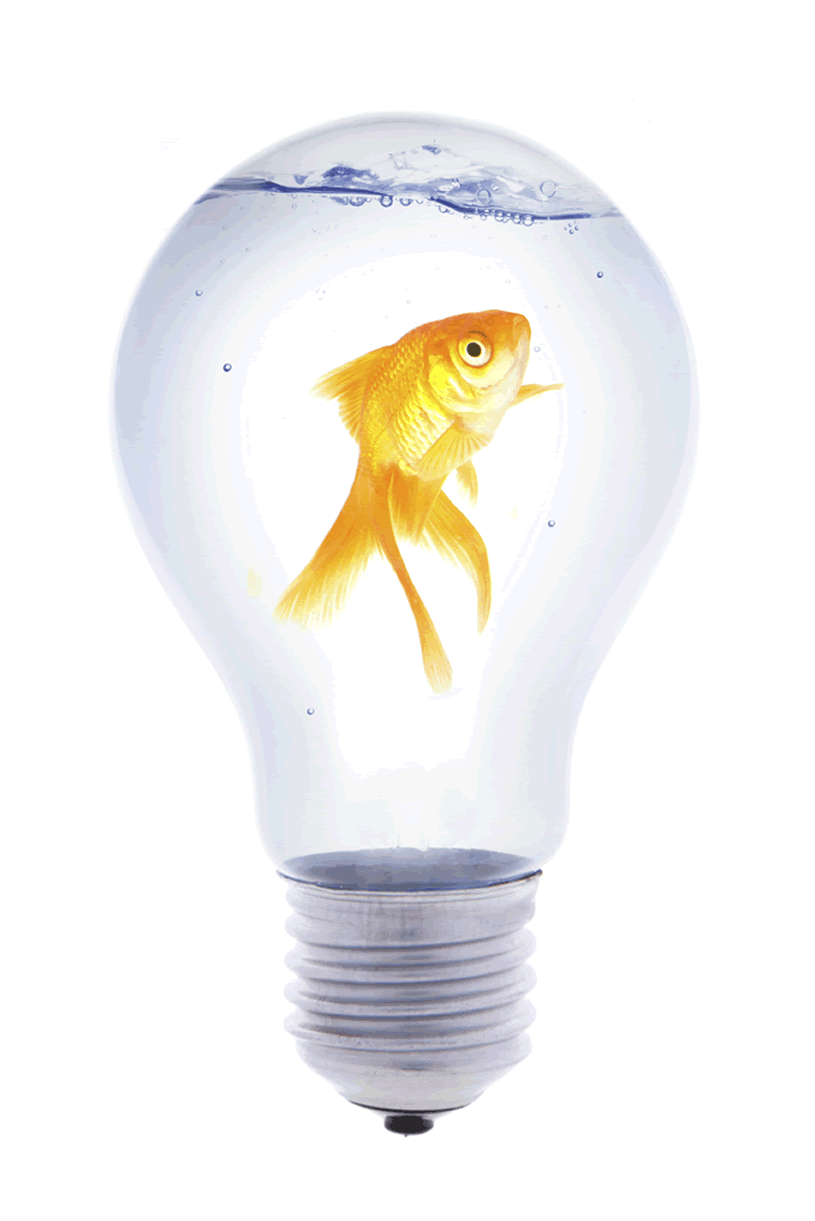How they did what they did...
There are a great many creative greats in various industries. But how were these people successful at what they set out to do? Well answering the success question is too subjective to cover here, but in any sector of the world where success is the end goal, tenacity will be a big factor.
However, when it comes to finding out how they went about doing what they did, we can look at processes - maybe even glean a little something for ourselves.
So - how did they do it?
1) Monthy Python
 It would be remiss of me to exclude the Godfathers of sketch comedy from this list, the group for which we owe so much in terms of creativity in the modern world. Essentially the most successful group of professionals to ever do exactly what they were told not to, and break those preconceived barriers to incredible effect.
It would be remiss of me to exclude the Godfathers of sketch comedy from this list, the group for which we owe so much in terms of creativity in the modern world. Essentially the most successful group of professionals to ever do exactly what they were told not to, and break those preconceived barriers to incredible effect.A) Establish rules
Well they broke them all, but found a way of working with one another to great effect. After having real problems with getting things started, it was agreed that anything was possible in a sketch, but they'd only work off a completed sketch idea in the first place. From that, the world was their oyster, but they need somewhere to start.
B) Meet, Sleep, Play
As I'll cover in another blog, creating to a fixed time limit in a fixed position with a group is not only very hard, but not a nice way to spend a day. The Pythons found that the best way of answering that question, or writing that joke was to meet up, ask all the questions then head off and play or sleep on the issue.
This lets those sub-concious gears turn and the areas where the unexpected leap from are reached.
C) Mind-dump alone, Mind-refine in groups
When coming up with multiple ideas, the Pythons would brainstorm ideas and create lists of concepts by themselves, these ideas would then be brought to the group and the creativity would begin. Birth an idea alone, then have the strength of character to bring that idea into an arena where it will be pulled apart, twisted and played with. By the end the team will have grown it into something very different, but in most cases much better.
D) Unleash that Inner Child
Children are both unaware of social formats of thinking and don't care if they get it wrong... longing to fit in is something we learn as awkward teenagers. Remember that creativity is best when experienced through a team remembering what it is to a be a child, unafraid and full of wild thoughts. This is usually where the magic happens.









